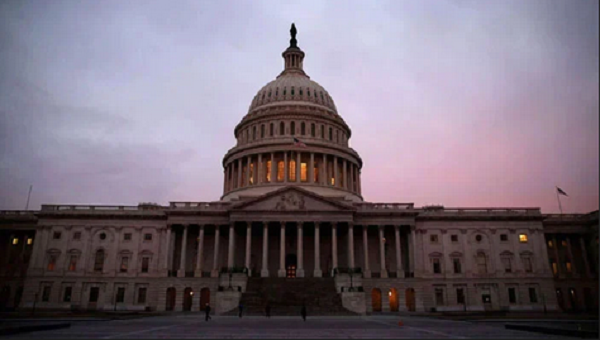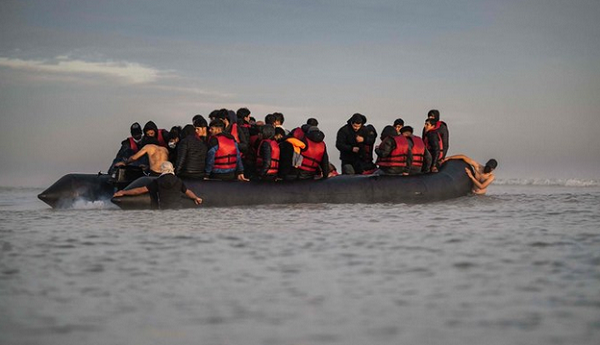Ontario to allocate 96 per cent of international study permits to public colleges and universities
Ontario will hand out nearly all of its international student permit applications to public colleges and universities that prioritize high-demand programs, such as skilled trades and child care, while shutting out career colleges, The Globe and Mail has learned.
The Ontario government is set to announce on Wednesday that 96 per cent of its international study permit applications will go to publicly assisted colleges and universities, with the remaining four per cent given to language schools, private universities and unspecified “other institutions.” Career colleges will not receive any applications, the government said.
Premier Doug Ford’s cabinet passed the new measures at a meeting early Wednesday afternoon.
In January, federal Immigration Minister Marc Miller imposed a cap on the number of applications for international study visas. The cap applies across provinces on a per-capita basis, which means Ontario, which has more foreign students than others, would have to cut its intake of them by about 50 per cent.
In a news release, the Ontario government said the permit applications will be allotted to institutions that prioritize programs in high-demand areas such as skilled trades, health human resources, STEM (science, technology, engineering, and math), hospitality and child care. The government said the numbers cannot exceed the institution’s 2023 permit levels. It also said the ratio of international permits cannot exceed 55 per cent of the institution’s 2023 first-year domestic enrolment, although there will be exemptions for high-demand areas. French language enrolment will also be prioritized.
The government estimates that 22 or 23 universities will keep applications at the 2023 level, with only Algoma University, based in Sault Ste. Marie, Ont., seeing a decline. But only 11 of 24 colleges are expected to keep applications at the 2023 level. Colleges with public-partnerships and Conestoga College in Kitchener, Ont., will see the largest decline, the government said. Conestoga has the highest number of international students in the province.
“We are protecting the integrity of our province’s postsecondary education system by attracting the best and brightest international students to Ontario to study in areas that are critical to our economy,” Ontario Minister of Colleges and Universities Jill Dunlop said in a statement.
“We have been working with postsecondary institutions to ensure international students are enrolled in the programs to support a pipeline of graduates for in-demand jobs.”
The Ontario government announced in February that it would freeze tuition for another three years and add more than $1-billion in funding for colleges and universities, but that amounts to about half of what an expert panel it appointed said was needed to stabilize the finances of the province’s postsecondary system. The Ontario budget, released Tuesday, also predicted the international student cap would lead to more than $3-billion in lost revenue for the province’s colleges by 2026.
Ottawa has also given provinces until March 31 to develop a system for newly required letters of attestation for international undergraduate students. Ontario said Wednesday that students should contact the admissions office at the postsecondary institution where they have been accepted an intent to enroll to receive the letter of attestation.
Under the Liberal government the foreign student program has nearly tripled in size. In 2015, there were 352,325 foreign students in Canada and by the end of 2023 that had soared to 1,028,850.
Ontario’s Auditor-General found in 2021, in an audit of public colleges, that a number of them were accepting far higher numbers of international students than domestic students.
Canadore College, in North Bay, had 5,237 international students and 2,772 students from Canada, according to the report. Northern College, also in Ontario, had 4,692 international students, compared with 1,143 domestic students. Statistics Canada figures released on Wednesday show a small increase in the number of study permits issued in the last quarter of 2023, continuing the upward trend.
This article was first reported by The Globe and Mail















